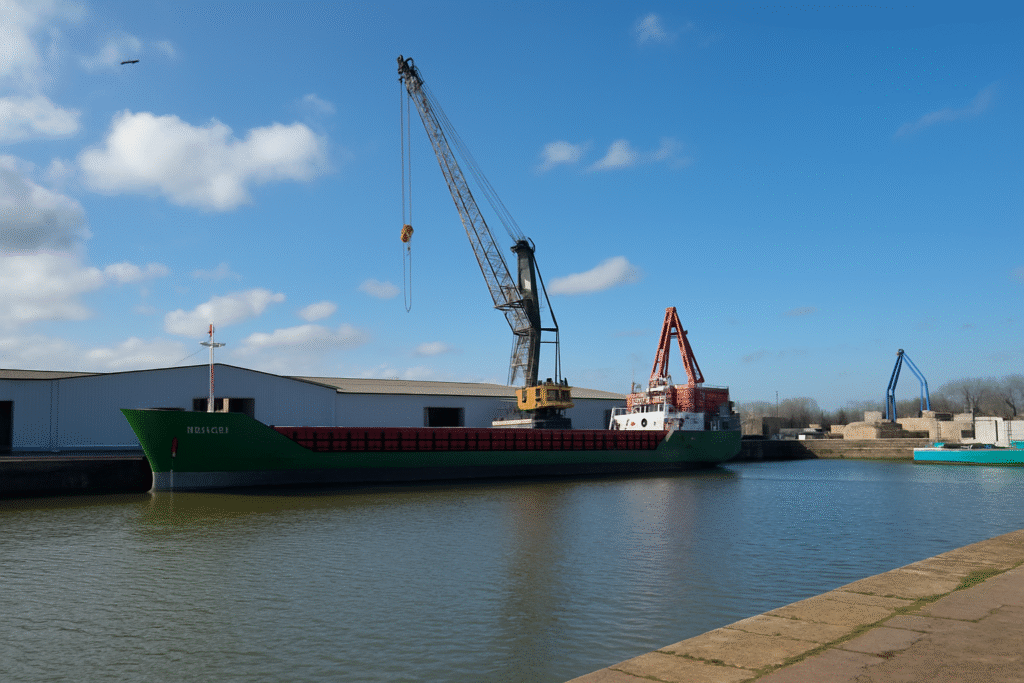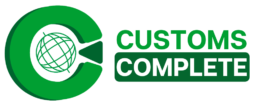CUSTOMS CLEARANCE AT BOSTON PORT
Boston Port plays a significant role in the UK’s trade, especially handling agricultural goods, machinery, and general freight. Ensuring smooth customs clearance at Boston Port is vital for businesses to maintain timely deliveries and control costs.
The port follows UK customs regulations with strict documentation and compliance requirements, especially under the updated post-Brexit framework. Companies using Boston Port must be prepared to meet these standards to avoid operational setbacks.
Duties, Tariffs, and Regulatory Compliance for Customs Clearance at Boston Port
Accurately classifying goods using Harmonized System (HS) codes is fundamental in determining applicable tariffs under the UK’s Global Tariff (UKGT). For instance:
- Agricultural products often require sanitary certificates and may have varying tariff rates based on origin and type.
- Machinery and technical equipment tariffs typically range from zero to low single digits.
- Controlled goods like pharmaceuticals require licenses and additional compliance checks.
Where applicable, companies should use valid proof of origin to benefit from tariff reductions under UK trade agreements. Compliance with these rules prevents fines and shipment delays.
How Customs Declarations Work at Boston Port
Electronic customs declarations are mandatory before goods arrive at Boston Port. Currently, most declarations are processed via HM Revenue & Customs’ CHIEF system, though a full transition to the Goods Declaration Service (GDS) is underway, promising faster and more efficient processing.
Declarations must include detailed product descriptions, HS codes, values, and origin information. Any missing or incorrect details often result in customs holds or inspections.

Documents for Boston Port Customs
Proper documentation is key to avoiding delays:
- Commercial Invoice: Detailed description, quantity, unit price, and total value.
- Bill of Lading or Waybill: Proof of shipment and ownership.
- Packing List: Contents of each shipment package.
- Import/Export Declaration: Submitted electronically through HMRC’s systems.
- Certificates and Licenses: Including sanitary certificates for food, phytosanitary certificates for plants, and import licenses for controlled goods.
Having all documents accurate and ready reduces risk of inspection and keeps shipments moving.
Common Challenges and Solutions
Some frequent issues faced by businesses include:
- Misclassification of goods causing incorrect tariff charges.
- Delays due to missing certificates or licenses for restricted products.
- Adjusting to new customs IT systems like GDS and Goods Vehicle Movement Service (GVMS).
- Insufficient proof of origin documentation for preferential tariff claims.
Collaborating with experienced customs brokers or freight forwarders familiar with Boston Port helps avoid these common pitfalls.
At Customs Complete, we handle all customs clearance in-house at Boston Port, ensuring accurate declarations and compliance with the latest regulations. This helps reduce delays and keeps your shipments moving smoothly.
How Do I Contact a Customs Agent to arrange Customs Clearance at Boston Port?
It is recommended to contact a Customs Agent as soon as you have the details for your shipment. There are many Clearance Agents who offer similar services but it is important to choose an Agent who has the experience and knowledge to clear your goods.
CONTACT CUSTOMS COMPLETE
Fill out the form below and we will get back in touch with you ASAP
